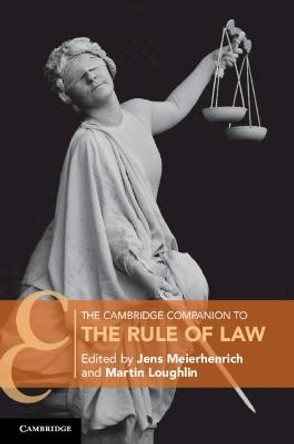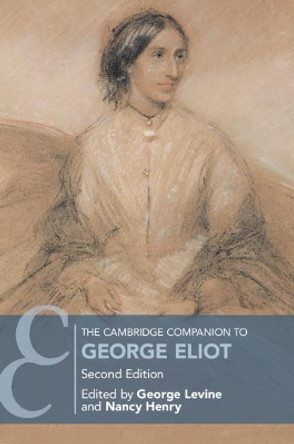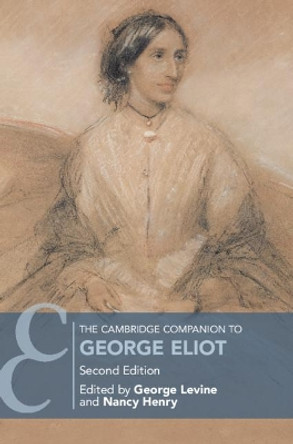New, wide-ranging essays on the controversial poet, who was both a harbinger of Modernism and a critic of modernity. Stefan George (1868-1933) is along with Hugo von Hofmannsthal and Rainer Maria Rilke one of the pre-eminent German poets of the twentieth century. He also had an important, albeit controversial and provocative role in German cultural history. It is generally agreed that he played a significant part in the transition of German literature to Modernism, particularly in poetry. At the same time he was an outspoken critic of modernity. He believed that only anall-encompassing cultural renewal could save modern man. Although George is often linked with the l'art pour l'art movement, and although his artistic consciousness was formed by European aestheticism, his poetry and the writings that emerged from the poets and intellectuals he gathered around him in the George Circle are above all a scathing commentary on the political, social, and cultural situation in Germany at the turn of the century. George, who was imbued with the idea of the poet as a prophet and priest, saw himself as the Messiah of a New Hellenism and a New Reich led by an intellectual and aesthetic elite consisting of men who were bonded together through their allegiance to a charismatic leader. Some of the values that George proclaimed, among them a glorification of power, of heroism and self-sacrifice, were seized upon by the National Socialists, and subsequently his writings andthose of his circle were considered by some to be proto-fascist. It did not help his reputation that after the Second World War much of the criticism of his works was practiced by uncritical, hagiographic George worshippers. In recent years, however, there has been a renewed and unbiased interest among scholars and critics in George and his circle. The wide-ranging and original essays in this volume explore anew George's poetry and his contribution to Modernism, the relation between his vision of a New Reich and fascist ideology, and his importance as a cultural critic. Jens Rieckmann is Professor of German at the University of California, Irvine.
About the AuthorPaul Bishop is Professor of German and Head of Department of German at the University of Glasgow. ROBERT VILAIN is Senior Tutor and a Fellow of St Hugh's College, Oxford, UK, and Lecturer in German at Christ Church.
ReviewsThe wise plan of the book is well realized: those who would like to be introduced to the world of Stefan George -- and not just in the Anglo-Saxon realm -- will find in the Companion a well-versed guide. * CASTRUM PEREGRINI *
This collection of nine essays is a rare addition to George scholarship in English. The editor's introduction gives welcome attention to George's early years... as well as an account of the George-Kreis, the troubled relationship with Hofmannsthal, and the poet's encounter with Maximin. * GERMAN STUDIES REVIEW *
The Companion provides an accessible, intelligent, and wide-ranging introduction to George's works for Anglo-American readers. * MLR, 2006 *
An accessible, intelligent, and wide-ranging introduction to George's works.... * MODERN HUMANITIES RESEARCH *
[P]rovides an accessible, intelligent, and wide-ranging introduction to George's work for Anglo-American readers. * MODERN LANGUAGE REVIEW *
Book InformationISBN 9781571134561
Author Jens RieckmannFormat Paperback
Page Count 280
Imprint Camden House IncPublisher Boydell & Brewer Ltd







